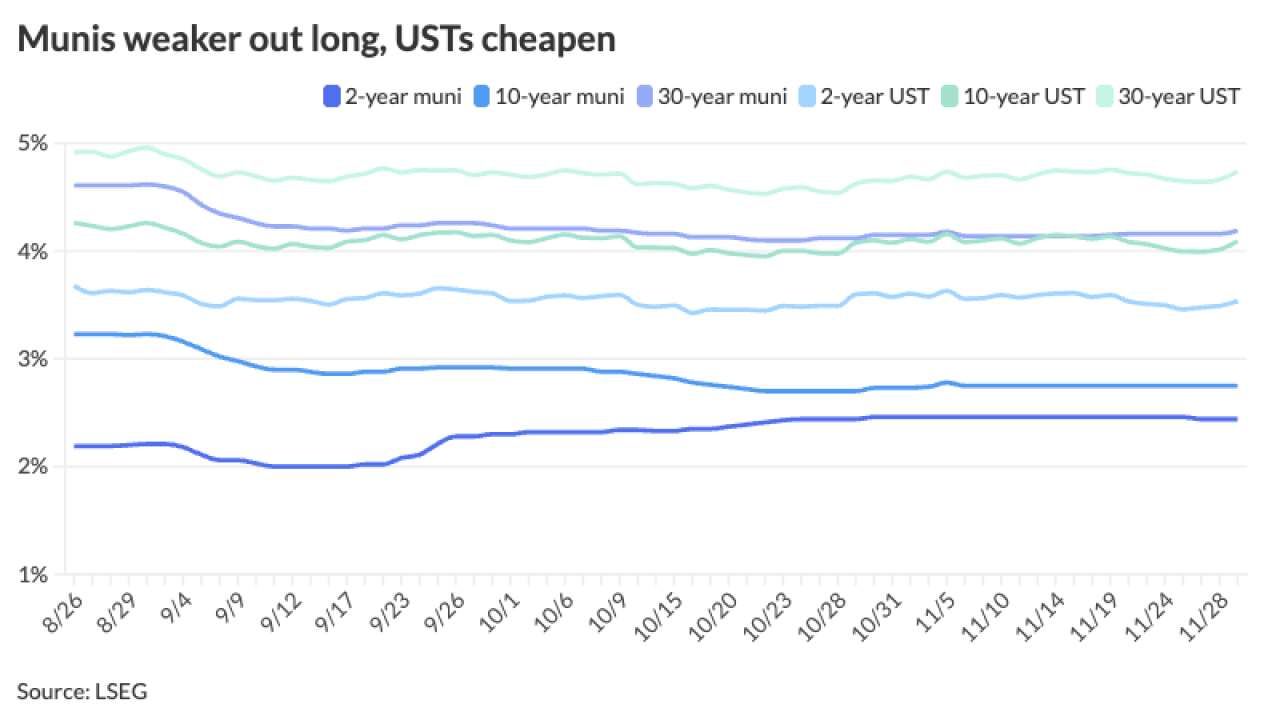Puerto Rico plans to appeal a federal court decision that will cut government revenue by overturning a imported goods tax increase imposed on Wal-Mart and other retailers.
U.S. District Court for Puerto Rico Judge José Fusté on Monday told the commonwealth government that it had to roll back its tax rates on goods and services that Puerto Rico-based companies bought from sources outside the island to 2% from 6.5%.
Wal-Mart Puerto Rico had sued Puerto Rico Treasury Secretary Juan Zaragoza G-mez over the increase, which Puerto Rico Gov. Alejandro García Padilla signed into law on May 29, 2015.
"The Puerto Rico Treasury Department is analyzing Judge Fusté's decision, which is a lengthy decision," Zaragoza G-mez said in a statement Monday. "However, the Treasury Department reasserts that the federal court has no jurisdiction in this case. For this reason, from the beginning, we contemplated the possibility of appealing a decision unfavorable to the interests of the people of Puerto Rico.
"We are working in coordination with the Department of Justice of Puerto Rico to appeal the decision as soon as possible," Zaragoza G-mez said, adding that government planned to cite "procedural errors that, in our opinion, took place during the trial."
Gov. García Padilla approved the increase in importation taxes, called an alternative minimum tax, for Puerto Rico businesses with substantial annual gross sales. The new measure exempted businesses with sales under $10 million. Those making between $10 million and $500 million paid 2.5% on their imported goods. The tax rate increased in four steps to 6.5% for businesses that sell more than $2.75 billion a year, according to Fusté's decision.
The government applied the increase in tax rates retroactively to Jan. 1, 2015.
Fusté's decision rolled the tax rate back to the 2% level that had prevailed before the governor's signature in May. Businesses are required to pay either their normal income tax or the 2% tax, whichever is greater.
The alternative minimum tax was expected to bring in $110 million in the current fiscal year, which ends June 30, according to a source at the Government Development Bank for Puerto Rico. The source didn't say how much revenue Fusté's decision will cut from this anticipated total or how much it will reduce anticipated revenue in fiscal year 2017.
When the Puerto Rico's Treasury last revised its estimate, it expected $9.2 billion in General Fund revenues this fiscal year.
In the latest available Puerto Rico Treasury report on the General Fund, that for February, the Treasury was $25 million shy of its latest General Fund Net Revenues projections of $5.359 billion, a 0.47% shortfall.
Despite having taken a variety of measures to drum up cash, Puerto Rico expects to have inadequate cash on hand to make a GDB debt payment on May 1.





